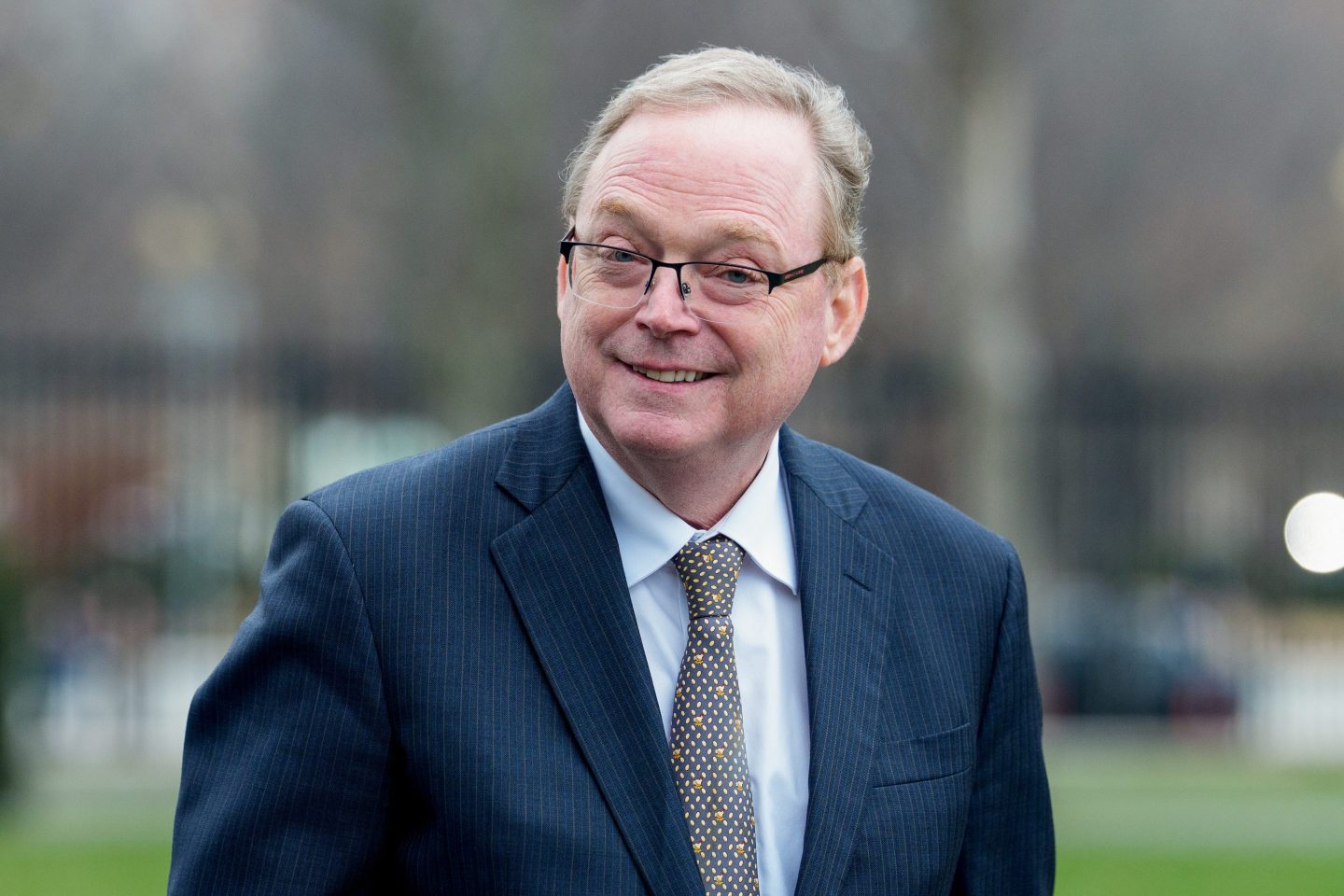New Zealand needs to create an economy and rules that are attractive to wealthy overseas investors, which could include allowing them to purchase homes, according to foreign minister Winston Peters.
“We are going to have to construct an economy which answers the question ‘why invest in New Zealand?’,” Peters told NewstalkZB Friday in Wellington. “If you are investing in New Zealand and you’re going to be a massive part of building our economy, home ownership while you do that is part of it. But we have to see the details first.”
Currently only Australians and Singaporeans can be non-resident and own homes in New Zealand, and Peters blocked a proposal to partially lift a ban on foreign ownership during formation of the coalition government in late 2023. There has been speculation that he may be considering a change of stance as the government advances a pro-growth agenda and targets more foreign investment.
Peters, who is also deputy prime minister, said the 2023 proposal to allow foreign purchases of homes worth NZ$2 million ($1.1 million) or more and levy those transactions was faulty. He said his New Zealand First Party’s view on home ownership by genuine wealthy investors has never changed.
“If somebody’s coming to this country bringing NZ$50 million to invest in industry and to ensure that we’ve got employment where there’s no employment now, potential exports where there’s no export in this area now, then we will look at it certainly,” he said. “That’s always been our view, because that means you’ve got a serious investor committed to the New Zealand economy and not as a bolt hole.”
Peters said the reasons for investing in New Zealand had to be laid out very clearly to make the nation an attractive place, particularly when there are many other options.
“I know personally because of conversations specifically aimed at me that there are people and interests seriously with the money to start yesterday,” Peters said. “We have to frame our country’s policies wisely, like Ireland, like Croatia’s doing, like Singapore did. We’ve got the assets, we’ve got the people, we just haven’t got the structural framework.”












